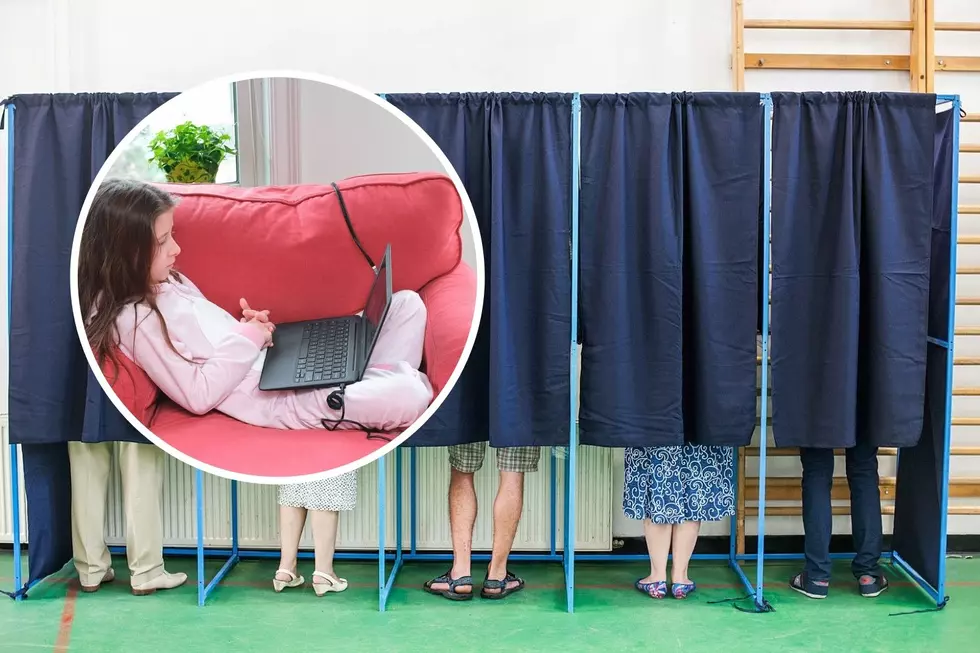
Report: Early absences can set students seriously behind
Many New Jersey students are getting adjusted to their new classrooms as the school year gets underway, but many parents may not realize that missing two to three days of school per month can set students back at least a year academically, according to a new report by Attendance Works.
The report looked at student performance on the National Assessment of Education Progress (NAEP), which is an exam given to students in fourth and eighth grade. It compared scores with how many days students missed the month before the test. Children who missed three or more days a month had much lower scores, between 12 and 18 points lower, than those who missed none.
"That was only a one month period. But, we know from national research that if kids miss just two or three days every month, about 10 percent or more of the school year, or about 18 days per school year, it puts them behind academically," said Hedy Chang, president of Attendance Works.
In New Jersey, 21 percent of fourth graders and 19 percent of eighth graders who took the test admitted that they were missing three or more days in the school year before taking the test.
"In New Jersey and every single state, those who missed a lot of school did not perform as well as those who did not. That was the case across every socioeconomic and ethnic group," Chang said.
What many people do not understand is how much missing too much school can effect children even at the early grades. "If you're chronically absent in kindergarten and first grade, your chances of reading by the end of third grade are pretty slim. By middle school, chronic absence is a sure fire indicator and early warning that you're on the path for dropping out," Chang said. "In the early years, you get to be a fluent reader by being around language and books especially for lower-income kids whose families may not have the resources to have books in their home."
As children get older, the impact is across socioeconomic backgrounds. "In anything scaffolded, like algebra and math, where we as parents are depending on teachers to teach our kids, if kids miss a core fundamental concept, it's not just the days they miss, but the days they're back and can't follow what's going on in the classroom," Chang said.
In schools where there are high levels of chronic absence, it is not just the children who miss school who are affected, but the entire classroom because teachers are struggling to teach and decide whose educational needs to meet in a particular day.
More From New Jersey 101.5 FM









